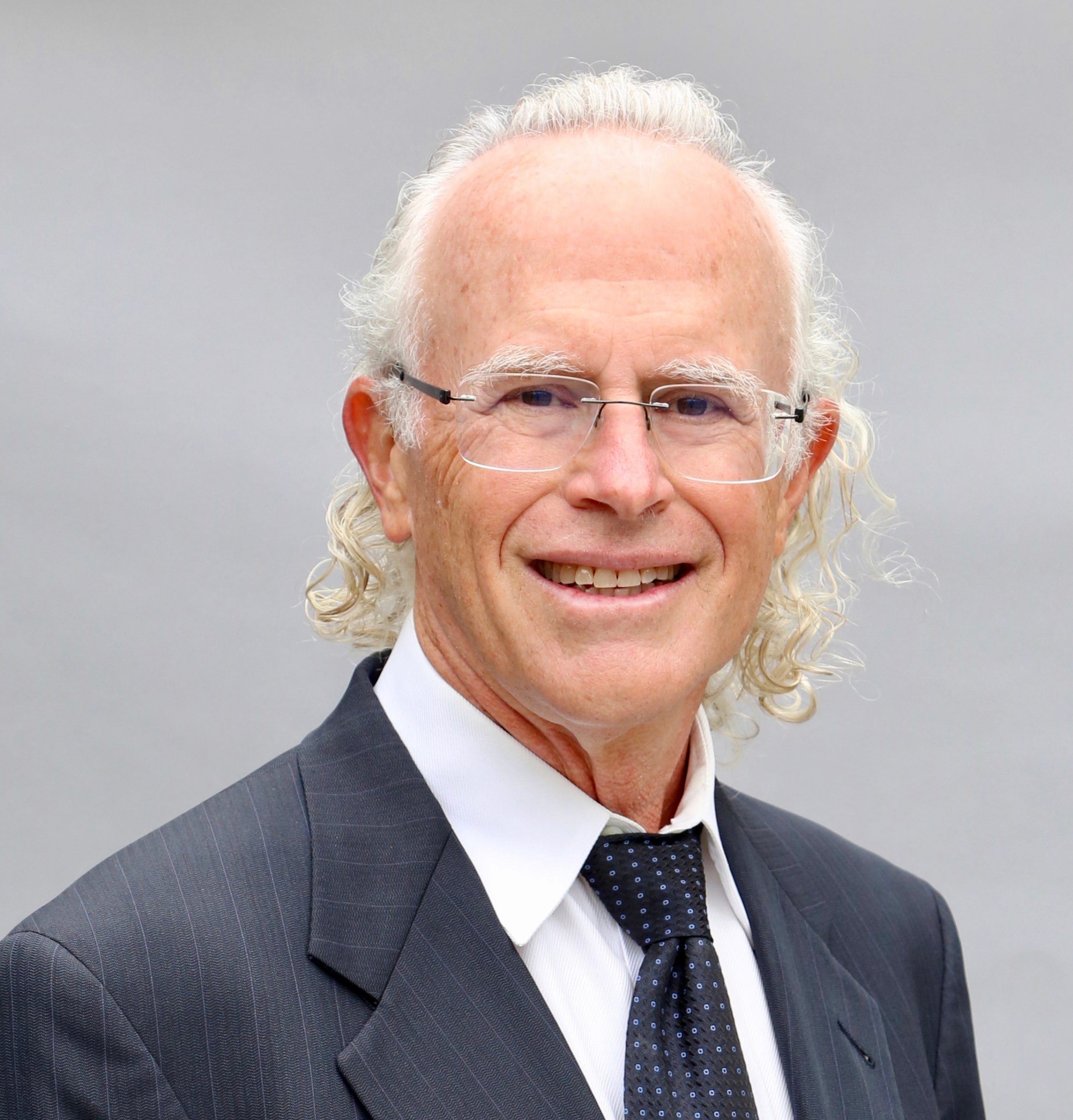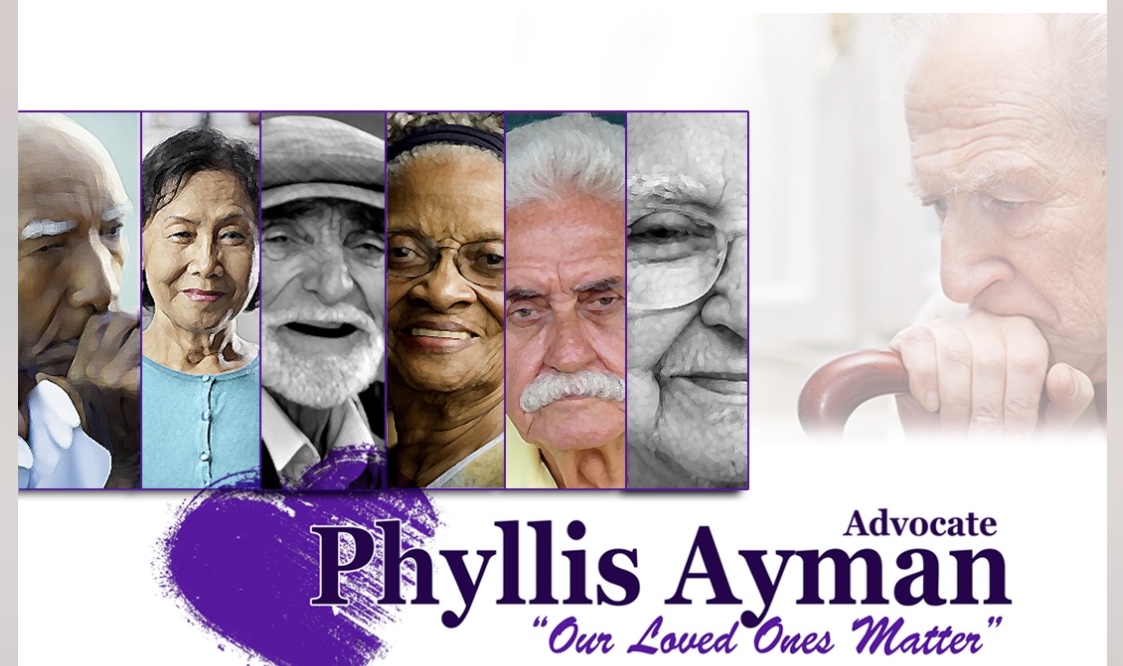Eldercare Advocate & Geriatrician Dr. Mike Wasserman On SeniorsSTRAIGHTTalk
Dr. Mike Wasserman was one of the first geriatricians in the country to recognize the dire...
Read Moreby VoiceAmerica | Nov 10, 2020 | Press Releases | 0 |
Dr. Mike Wasserman was one of the first geriatricians in the country to recognize the dire...
Read Moreby VoiceAmerica | Jun 1, 2020 | Empowerment | 0 |
The impact of the coronavirus on our nation’s elder citizens has been enormous and has...
Read Moreby VoiceAmerica | Oct 13, 2019 | Empowerment | 0 |
Longevity is an accomplishment. Continuing to live a fulfilling, active lifestyle as we age is...
Read More



